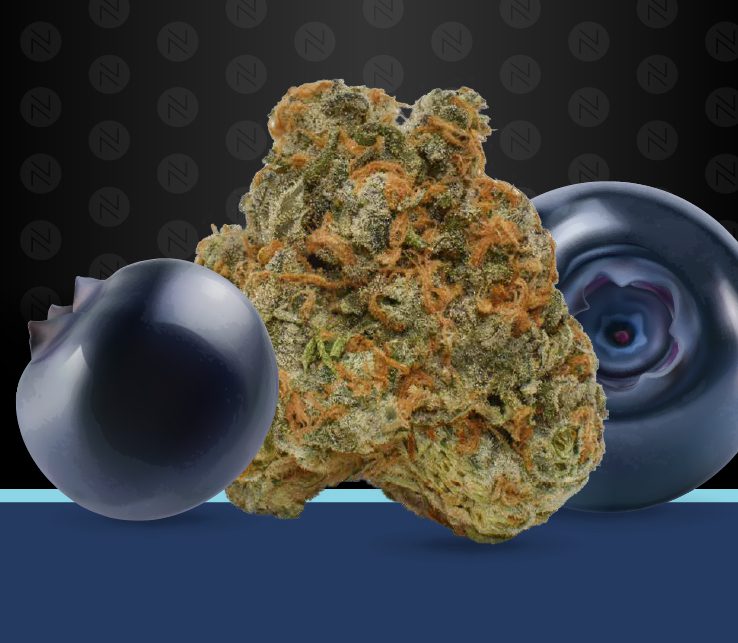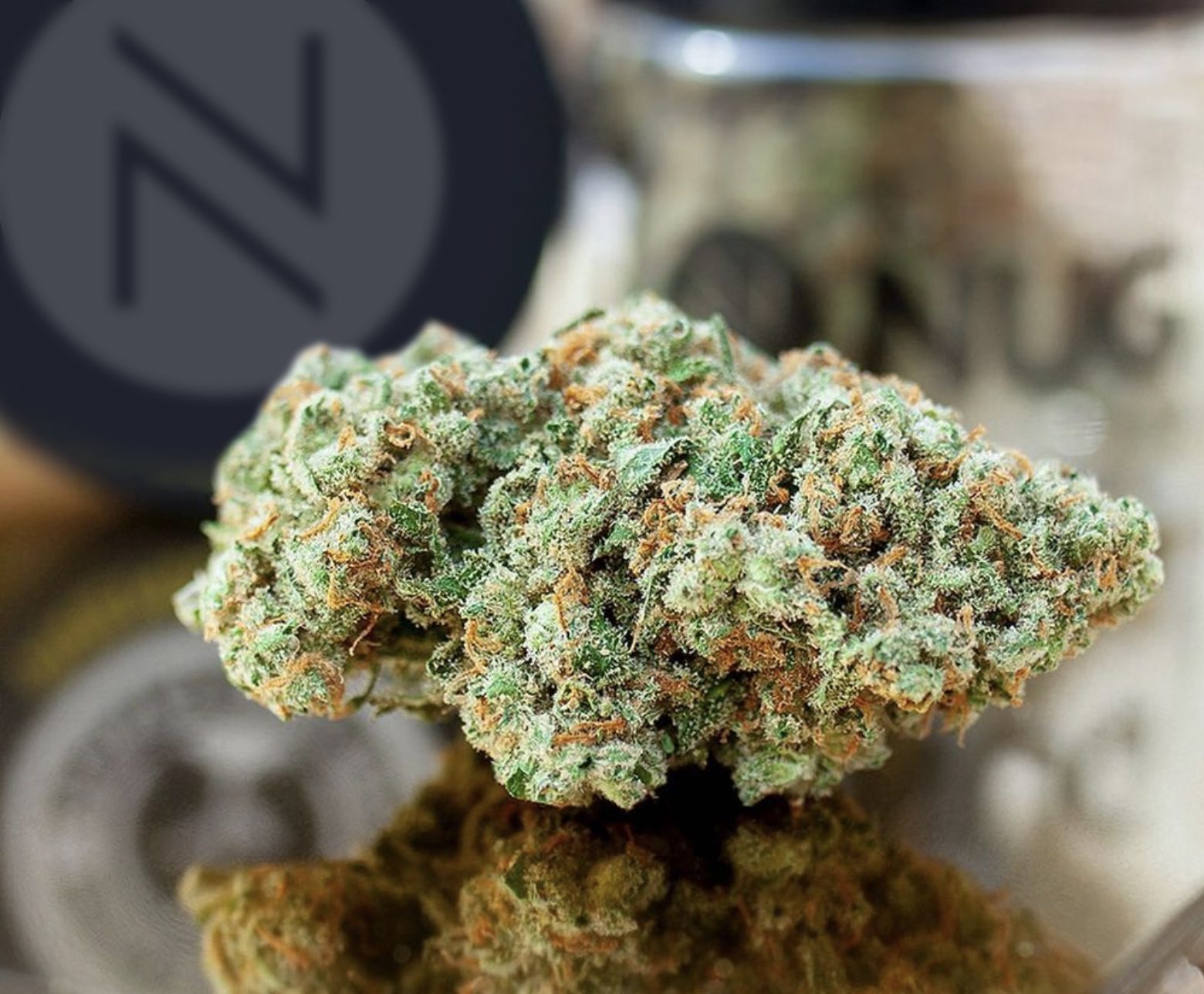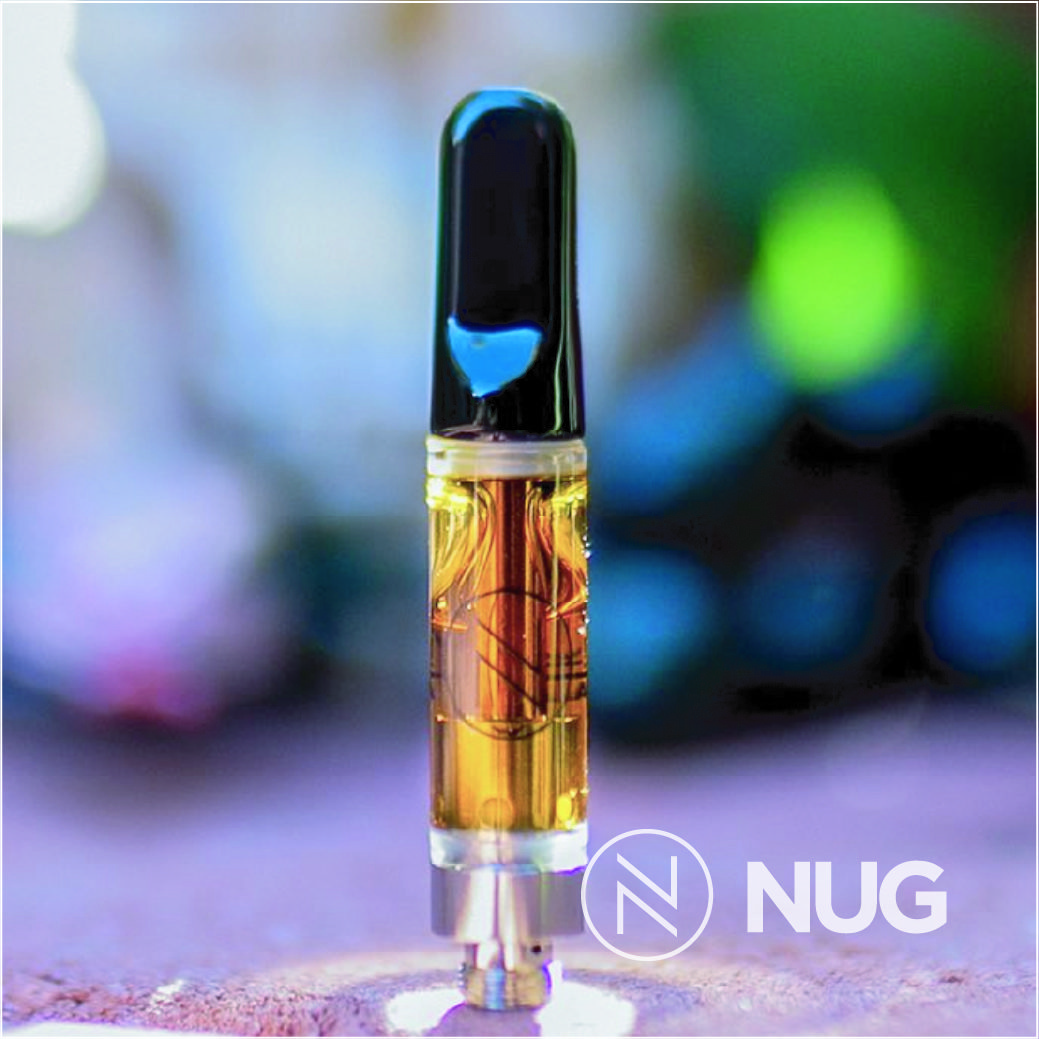
In a world where cannabis is widely stigmatized, many users are typically discreet with disclosing their use. But with medical research in legalized states rising, users are now being urged to go against their cannabis concealment specifically when having surgery.
And why? It’s been found that anesthesia is affected by getting high. So before you or any weed loving loved ones head into a surgical procedure, read up on how THC will affect resting peacefully while under the knife.
What can happen
When you withhold your cannabis use prior to surgery use, what can happen? Basically your worst nightmare, or something out of a movie…if you’re not given enough anesthetic to make-up for THC’s effect, you can literally awake during surgery. And due to the muscle relaxant dose…you’re unable to move, or speak to alert the surgeon.
So, why does this occur? THC and the medicines used during anesthesia, are both stored in the body’s fat cells. Where too much THC is stored, it can overpower the variety of meds like fentanyl, midazolam and propofol, causing you to feel ‘awake’ when you’re supposed to be knocked out.

We spoke to Dr. Karyemaître Aliffe, Chief Medical Executive of ZoneIn CBD who weighed in on the topic, “Full-spectrum cannabis products have many aspects in common with anesthesia drugs, so the potential for interactions is real and safety is paramount. An effect on response to anesthesia drugs and overall requirement is also found in people who regularly consume other psychoactive substances, such as alcohol and coffee; hence, the relevant concerns for cannabis consumers are familiar, being neither unprecedented nor unique.
THC/CBD after-effects
Many may be tempted to smoke immediately before surgery to calm your nerves. But this can also have adverse effects. Cannabis use can cause vasodilation, or the relaxation of blood vessels. Causing your blood pressure to fall…which is not ideal during any medical procedure.
THC also has a tendency to raise heart rates, causing further complications. Because anesthesia causes the same effect, it can heighten issues. Like the patient staying under for longer, or have more difficulty coming too.
Cannabis can stick in your system for months…just because you didn’t wake and bake, doesn’t mean you don’t have to report that you got high weeks before. And smoking versus ingesting tinctures, or eating edibles matters too. Similar to cigarettes, if you’re inhaling your cannabis products, your anesthesiologist will need to additionally prep for potential airway issues. Even the strain type, or THC and CBD ratios can affect the balance of meds given prior to an operation.
“It is of importance here to consider the type of cannabis product being consumed, as a CBD-dominant cannabis product tends to elicit a different spectrum of effects than a THC-dominant product. Indeed, many patients may experience beneficial effects and a decreased drug requirement (e.g., benzodiazepines.) Where there is a Hippocratic relationship between the anesthesiologist and the patient, it is surely preferable to discuss cannabis use prior to surgery,” said Dr. Karyemaître Aliffe.

Dosage Success
In a recent study, conducted by Dr. Mark Twardowski, an internal medicine specialist in Colorado, it was found that regular cannabis users required 2x+ the amount of normal anesthesia. In this case, the medicines typically used prior to surgery were increased by the following percentages –
- 14 percent more fentanyl
- 19.6 percent more midazolam
- 220.5 percent more propofol

Effects Of Cannabis Use On Sedation Requirements For Endoscopic Procedures. Twardowski Et Al. 2019. The Journal Of The American Osteopathic Association
While this one study goes to prove the importance of disclosing marijuana use, it may only be the beginning. The more research conducted on the once outlawed plant, the more we’ll discover about its’ influence on prescribed medication’s efficacy.
Play it safe
If cannabis isn’t legalized in your state, don’t fret over being snitched on. Doctors won’t report your use to authorities. They’ll only use the information to customize your dose as necessary. Any illegal use is covered by your doctor-patient confidentiality rights.
Even more, the medical field is making adjustments internally, for the growth of marijuana users across the nation. Like, recently the American Association of Nurse Anesthetists updated its guidelines to cover potential risks for marijuana users, and the necessities of addressing use with patients.
All in all, the research is still compiling on how cannabis affects medications, including anesthetics. While some experts recommend not smoking for a month prior to surgery, others recommend abstaining for 12 hours prior to going under. Either way, as long as you truthfully disclose your use – you’ll be playing it safe.









